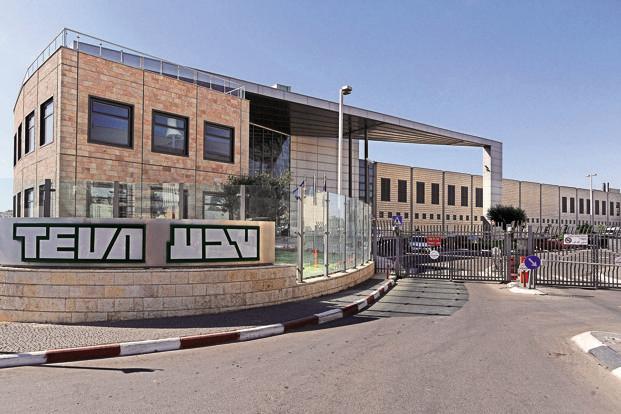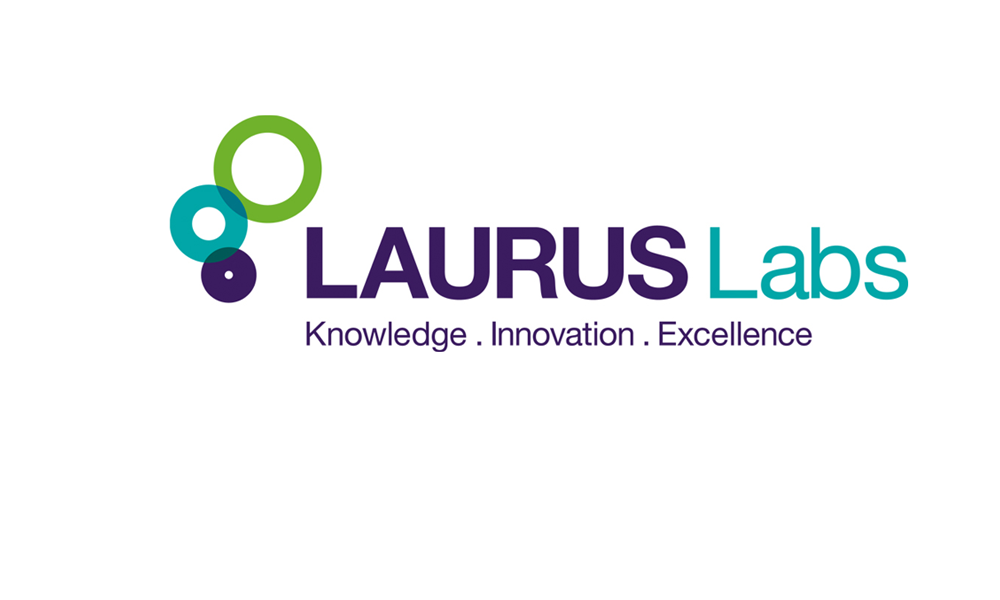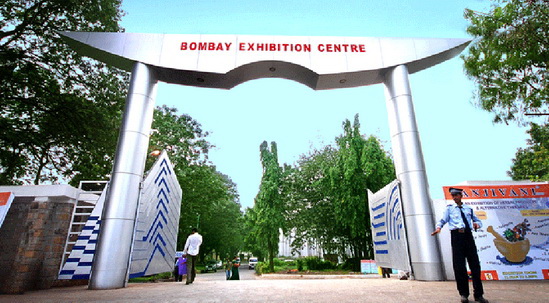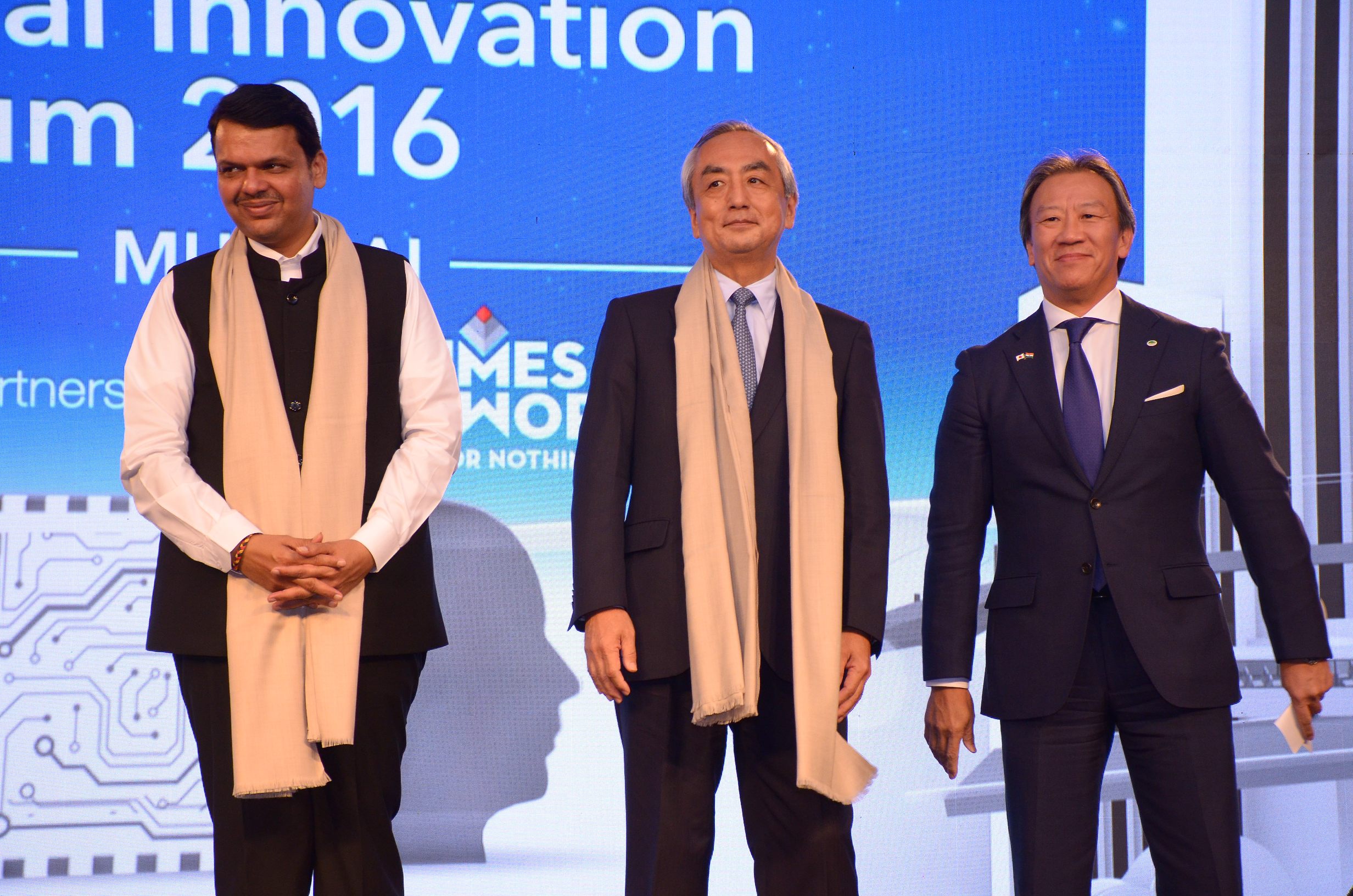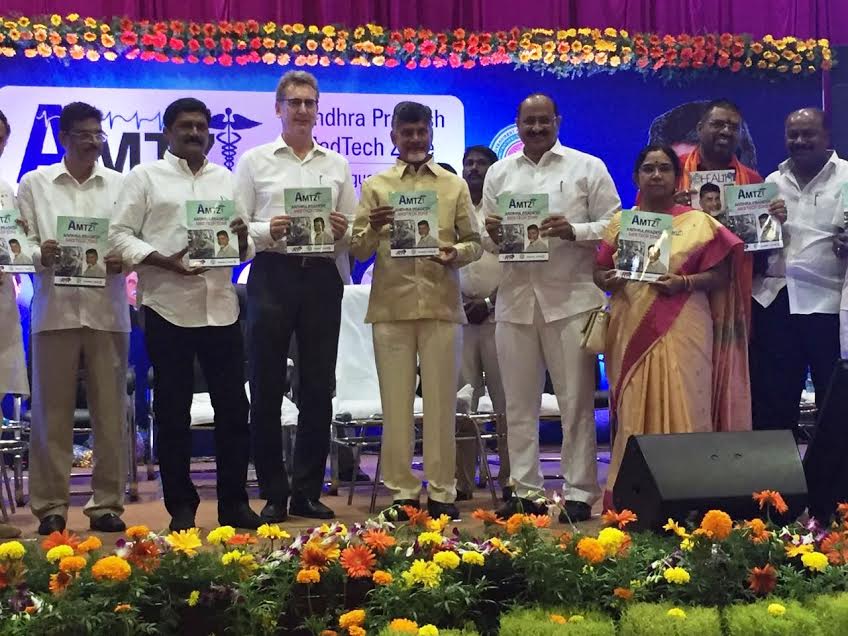Royal Philips Electronics has now developed a unique biosensor technology which has the potential to offer lab-quality immunoassay results at the point of care. The company unveiled its initiative to transform the rapid diagnosis sector of the in-vitro diagnostics market at Medica 2008, where the 40th World Forum for Medicine took place in Dusseldorf, Germany. Philips’s new Magnotech technology, which uses magnetic nanoparticles to measure target molecules, could bring complex in-vitro diagnostic tests out of the laboratory and into decentralised settings, including the patient’s bedside and at home. The potential speed, ease of use, robustness and accuracy of this new technology could address the requirements of critical care environments by speeding up the diagnosis of life-threatening diseases. In addition, it could be suitable for monitoring chronically ill patients at home. “Magnotech opens the door for change. It may offer the IVD industry the option of moving some tests out of the lab,” said Marcel van Kasteel, Vice President and Chief utive Officer of Philips Handheld Immunoassays. “Long term, we envisage that different testing stations – both conventional, automated labs and these new, mobile handheld systems – will be part of a diagnostic network, using wired or wireless connectivity and sophisticated healthcare informatics solutions to store and assist in interpreting the data.” Integrated into a disposable biosensor cartridge that inserts into a hand-held analyser, Magnotech uses magnetic nanoparticles to measure target molecules in very low (picomolar) concentrations in blood or saliva, in just a few minutes. The disposable cartridge automatically fills itself from a single drop of blood or saliva. Once filled, no other fluid movement is required. Currently, measuring very low concentrations of biomarkers for the diagnosis of disease (for example, cardiovascular disease) requires laboratory analysis, large sample volumes and a time-to-result delay of between 30 and 60 minutes. The Philips Magnotech handheld technology has the potential to deliver: Small sample volume (fingerpick drop of blood or saliva);Ease of use (potentially applicable for home testing);Multi-analyte (several analytes can be measured simultaneously, depending on the application);Lab-quality sensitivity;Speed (measurement in 1-5 minutes depending on the application).The magnetic nanoparticles are preloaded into the cartridge during its manufacture and automatically disperse into the sample as the cartridge fills with saliva or blood. Coated with appropriate ligand molecules, the nanoparticles quickly bind to target molecules in the fluid sample. An electromagnet situated under the cartridge brings the magnetic nanoparticles, including the captured target molecules, into contact with the active detection surface of the biosensor in order to achieve fast specific binding at this active surface. A second magnetic field then pulls any unbound magnetic nanoparticles away from the active surface, enabling measurement of the remaining target molecules. The measurement is done using an optical technique based on frustrated total internal reflection. Philips has demonstrated proof-of-concept for its new biosensor technology in a variety of biological assays, including sandwich assays for the detection of cardiac Troponin I (cTnI)[2] and parathyroid hormone (PTH)[1], and inhibition assays to detect several drugs-of-abuse molecules (amongst others, morphine) Cardiac Troponin is a blood-borne protein that at elevated levels provides a useful biomarker for the diagnosis of myocardial infarction (heart attack). The morphine assay represents the first test of the technology in drugs-of-abuse testing. During these proof-of-concept tests, Philips’s Magnotech technology was shown to speed up assays by a factor of more than 100 when compared to simply letting the nanoparticles diffuse to the sensor’s active surface. Furthermore, the technology improves ease of use by eliminating fluidic washing steps. With cTnI, the assay successfully detected minute (picomolar) concentrations in under five minutes. The first collaboration agreement for the new technology was also announced – with one of the leading European companies in drugs of abuse testing, Concateno, based in Abingdon, near Oxford, UK. Concateno and Philips will deliver the new handheld solution for drugs of abuse testing to selected customers in 2009. “This first collaboration is a means of demonstrating the excellence and robustness of the new technology with a company that is synonymous with road-side testing and is already working closely with government departments and police forces. It will be the catalyst for them to grow and expand their European and global markets. Magnotech delivers them a highly accurate result in less than two minutes from a saliva sample,” said Mr van Kasteel.

Be a part of Elets Collaborative Initiatives. Join Us for Upcoming Events and explore business opportunities. Like us on Facebook , connect with us on LinkedIn and follow us on Twitter , Instagram.



